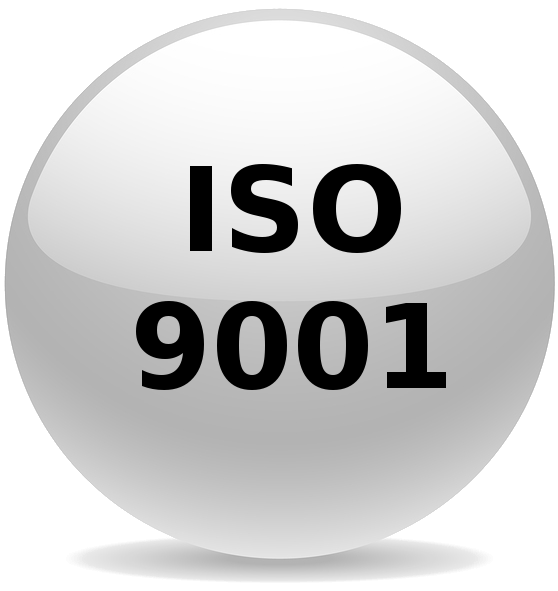This half hour course provides information about the Risk Requirements of the ISO 9001:2015 standard. This should be taken by all QMS stakeholders.
Intended Audience:
You are a stakeholder in you Quality Management System. This course is intended for:
- Companies that have a current ISO 9001 QMS
- New to ISO 9001: Companies looking into a first time certification for ISO 9001:2015 QMS
- Executive Staff involved in your QMS
- Quality Managers
- Internal Auditors
- QMS Project Manager
Overview:
This course covers all clauses of the ISO 9001:2015 standard.
- A Useful Definition of Risk-Based-Thinking
- Requirements of the standard
- Actions required to address risks
- Appendix A.4 - Risk-Based Thinking
- ISO 9001:2008 Sections Containing Risk
- Risk & Opportunities (Risk Based Thinking)
- Risks in your QMS
- Ideas for Implementation
- Documented Process Example
- The Organizational Context and Risks
A short quiz is given at the conclusion . Upon completing the course and taking the quiz, you will receive a certificate of completion.
Risk requirements training for ISO 9001 refers to training programs or courses that focus on understanding and implementing risk management principles and requirements within the context of ISO 9001:2015, the international standard for quality management systems. Here are some key aspects that may be covered in such training:
-
Risk Management Fundamentals: The training would typically provide an overview of risk management concepts, including definitions, terminology, and the importance of risk-based thinking within the ISO 9001 framework.
-
ISO 9001:2015 Context: The training would delve into the specific clauses of ISO 9001:2015 that relate to risk management, such as Clause 4 (Context of the Organization), Clause 6 (Planning), and Clause 8 (Operation), which emphasize the need for organizations to identify and address risks and opportunities.
-
Risk Identification: Participants would learn methods and techniques for identifying risks and opportunities in the organization's processes, products, services, and external factors that may impact quality objectives and customer satisfaction.
-
Risk Assessment and Analysis: The training would cover approaches for assessing and analyzing identified risks, including severity, likelihood, and detection factors, to prioritize and evaluate their potential impact on quality performance.
-
Risk Mitigation and Control: Participants would be introduced to strategies for treating or mitigating risks, such as implementing preventive measures, establishing controls, developing contingency plans, and continuously monitoring and reviewing risk controls.
-
Integration with Quality Management Systems: The training would explore how risk management can be integrated into various aspects of the quality management system, including planning, objective setting, process management, and performance evaluation.
-
Documentation and Communication: The training may cover the documentation requirements for risk management, including risk registers, risk assessments, risk treatment plans, and related records. It would also emphasize the importance of effective communication and engagement with stakeholders regarding identified risks and their management.
-
Continuous Improvement: The training would highlight the role of risk management in driving continuous improvement within the organization, encouraging participants to leverage risk insights to identify opportunities for process optimization and enhanced performance.
Training on risk requirements for ISO 9001 helps organizations and their employees develop the knowledge and skills necessary to effectively implement risk management practices, aligning with the principles of the standard and promoting a proactive approach to quality management.

